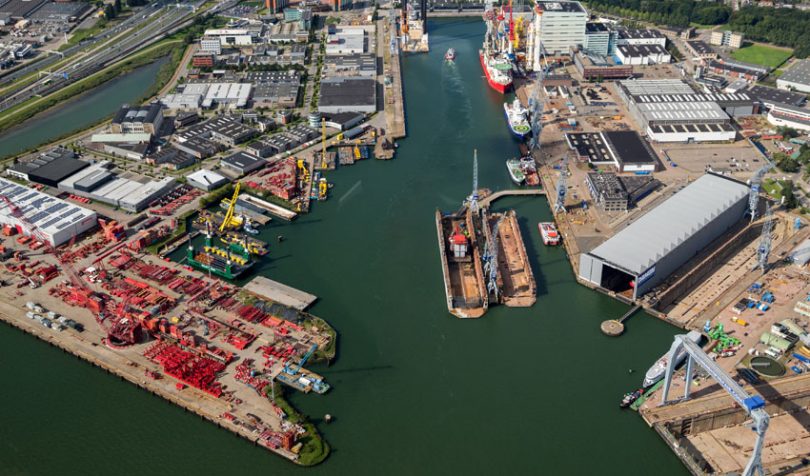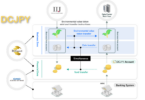A year ago, Ledger Insights reported on the Dutch Port of Rotterdam’s blockchain initiative with its subsidiary BlockLab and S&P Global Platts, using the technology for a decentralized energy grid project. Their microgrid electricity trading platform, Distro, leverages AI and blockchain technology to coordinate renewable energy supply and demand. The pilot is now at a mature beta stage, and yesterday the companies reported how Distro could significantly reduce costs.
The solution offers prices that instantly respond to supply and demand changes, incentivizing users to consume less when generation is low. Shortfalls can be made up from battery stored energy. Blockchain smart contracts are used for transaction validation, identification and enforcing market rules.
And AI is used for renewable energy trading, learning a user’s behaviors, preferences and needs. It automatically buys and sells energy at the best price, analyzing data in real-time.
Head of Innovation at S&P Global Platts, James Rilett, calls the combination of the two technologies is a “landmark achievement.” He continues praising the platform. “Distro brings seamless and tangible benefits of lower prices, improved payback on batteries and solar panels while maximizing the use of renewable energy.”
The cost of energy for users is reduced by 11%, while renewable energy producers reported a 14% revenue increase. S&P Global Platts also reported 20 million blockchain transactions had been settled so far, with 92% consumption of on-site generated solar energy. It predicts that if the pilot reaches commercial scale, the Port of Rotterdam would see a reduction of 30 million tons of carbon emission.
Sustainability
The EU would certainly embrace this sustainability prediction. In January, the EU’s statistical office Eurostat reported the Netherlands to be the EU’s least sustainable country, being the member state furthest away from its Europe 2020 target.
Martijn Thijsen, responsible for Digital Strategy, Transformation, and Business Development at the Port of Rotterdam, said: “With blockchain, we are already beyond the hype.” He continues, “Rotterdam’s ambition is to be the world’s smartest port and we see this technology as a key to supply chain optimization and energy sustainability.”
Blocklab has also worked on the “Deliver” logistics project for the Port of Rotterdam in collaboration with ABN Amro and Samsung.






